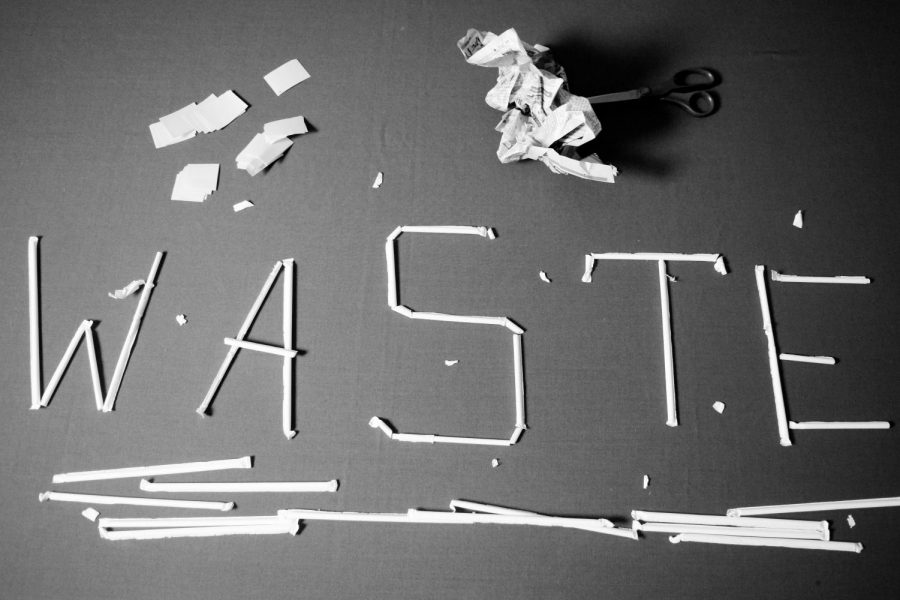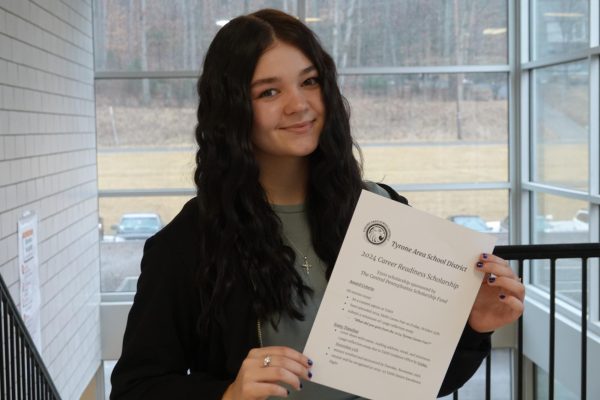Do Straws Suck? Environmentalists Push to Ban Plastic Straws
The newest target of environmental groups is the lowly plastic straw.
Roughly 8.000,000 tons of plastic waste ends up in the oceans yearly. Straws make up about 4 percent of the plastic trash by piece, but far less by weight. According to one estimate, straws make up .025% of total waste that goes to the waters, but they are especially dangerous to birds and marine life.
According to National Geographic in just the U.S. alone, 500 million straws are used every single day. One study published earlier this year estimated as many as 8.3 billion plastic straws pollute the world’s beaches.
Straws were first introduced in 1888 by Marvin Stone, a paper cigarette holder manufacturer. Plastic straws were introduced around 1960, and since then they have been littering roadways, beaches, and oceans around the world.
Recently the city of Seattle, Washington, along with corporations like Starbucks, McDonald’s in U.K. and Ireland, and Alaska Airlines announced plans to phase out plastic straws to help with environmental problems.
Locally, however, this issue hasn’t had much effect, at least not yet.
TAHS cafeteria manager Andrew Smith says there are no plans in the immediate future to eliminate straws from the Tyrone cafeteria.
“While Nutrition, Inc. believes in combating excessive waste; because this is a newer trend, we don’t have any current information to supply on this topic,” said Smith in an email interview.
Tyrone Senior Class President Jack Lewis says he supports the ban.
“I think that no matter what we as humans do, we should always put the environment first,” said Lewis, ”Sure, straws are convenient, but if they’re putting any animal in danger, it shouldn’t even be a question, we shouldn’t use them.”
Another target of the environmentalists is plastic utensils, something that the Tyrone cafeteria also uses daily.
“I don’t know why we use plastic utensils instead of metal ones, all though it might be a little more practical to use plastic utensils,” Lewis stated this in an email “Although I’m sure using metal utensils would be safer for sea life, I don’t see a change with our current silverware.”
According to Smith, the school did use metal utensils several years back, but they were replaced with plastic because too many students carelessly threw them away and it was too costly to keep up with replacement.
What many people don’t think about are plastic sporks. In theory the reduce the amount of waste by a ⅓, so another question might be should we switch to sporks?
“I think switching to sporks would be a great idea, as limiting the use of plastic utensils would help sea life,” Lewis said. “and sporks are pretty cool in my opinion.”
What do you think? Take our poll embedded below. You must be logged in using your tasd.us address to take the poll:

Hello my name is Haydn. I am a junior who wears five watches for no reason at all. I spend most of my time at home playing video games, listening to music...













